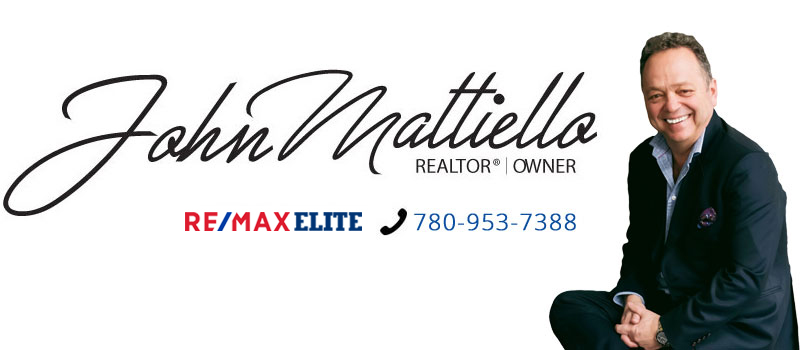How to Lease Commercial/Industrial Space
It may be a difficult time to be in business, but it's a good time to find a new space for a business. As with housing, there is a glut of commercial real estate on the market. Two years ago, it was a whole different market. A commercial lease is a long and complex document, and negotiating one can be daunting. A prospective tenant has a great deal of leverage. It has always been true in principle that everything in a lease is negotiable, now, it's true in practice too.
Negotiating a Lease
1 Set Terms; Get Free RentNegotiate the term, or duration, of the lease and the rent you will pay, which is usually figured per square foot. Leases typically include an option to renew at the end of the term, at either a specified rent or "prevailing market conditions." Small-business advisers generally recommend the shortest term possible: one-year, with as many as 10 one-year renewal options. One advantage of doing this is that your business won't be trapped in a space if things don't go well; or if things go so well that the business needs more space. A disadvantage is that landlords are less likely to grant concessions to tenants that won't promise to stay for longer. Businesses that are willing to sign longer leases, will have increasingly substantial concessions. Commercial properties are generally valued according to the square-foot rental rates in lease contracts. Landlords like to hold firm on the contracted monthly rates even while they offer rebates off the monthly rent. Measure the space before you sign a lease. The space may have been reconfigured over time, and often leases are based on an old floor plan that's not accurate. After the lease is signed it’s too late to change the terms. 2 Mind the Extras
Expenses: Landlords tend to pass on expenses to their tenants, one way or another. In a triple-net, the landlord bills separately for taxes, insurance, and operating expenses or common area maintenance. A gross lease includes everything, at least in theory. This term, too, means different things to different people. For instance, to some brokers, a full-service lease is synonymous with a gross lease; others say full-service includes utilities, but gross does not. And gross leases will usually pass on annual increases in expenses. Either way, make certain that your expenses won't increase within the first 12 months of your occupancy.
Maintenance and repair: Most landlords attempt to hold tenants responsible for maintenance and repair of anything other than the roof, exterior walls, and parking lots. Some require renters to replace failing equipment, including the heating, ventilation, and air conditioning systems, a potentially enormous outlay.
3 Plan an Escape Clause and Other ProvisionsLeases almost always favor the landlord. But you can build in clauses that level the playing field.
Co-tenancy: Many shopping centers rely on big anchor stores to draw traffic. If an anchor closes its doors a co-tenancy clause lets a renter escape the lease if the landlord doesn't replace the anchor in a specified period.
Personal guaranty release
Most landlords will insist on a personal guaranty from the tenant.
Exclusivity
An exclusivity clause guarantees a direct competitor won't move into the same development.
Trust but verify
Small-business counselors advise against leaning too heavily on your broker when it comes time to negotiate. All contract details should cross your lawyer's desk.
Renegotiate Now
If you are locked into a lease, you still have leverage to renegotiate, particularly in the current environment. Given the time and cost involved, most landlords will be reluctant to sue a tenant that is forced by circumstances to break a lease. Moreover, it takes time to find somebody new, and when they find somebody, they're going to want free money. A landlord has a lot of incentive to work out a deal if you can convince him or her that you are going through a tough period. Most landlords are willing to do something that's short term.
Sublease
A sublease allows a tenant to sublet space to a complementary business. A salon, for instance, might sublet to a massage business. This allows you to turn your fixed costs into variable costs.
Listen to your lawyer
A good real estate lawyer, who really does work for you, can recommend brokers who will advise you in good faith.
Make sure your broker has experience in your market
Commercial real estate divides into three segments: retail, office, and industrial. Each involves different issues and market trends. The amount of free rent available, for instance, will vary both by geography and market.



